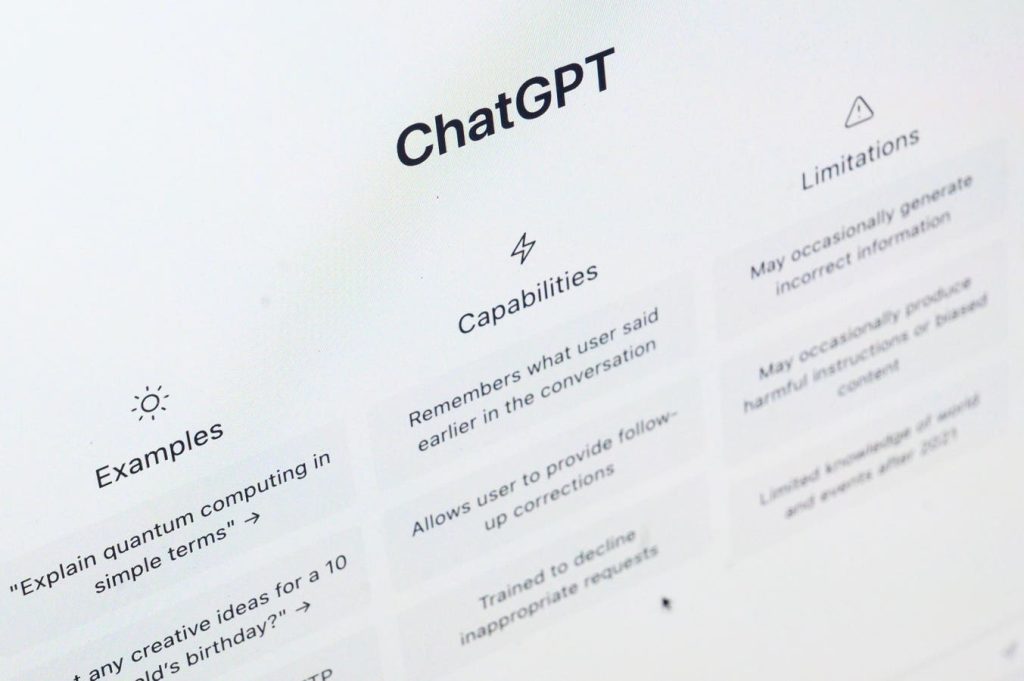A recent survey conducted by Cox Communications revealed that two-thirds of small business owners have invested in artificial intelligence (AI) for their companies in the past year, with 53 percent planning to increase their investments in AI in 2024. However, despite this investment, most small businesses are not currently operating robots or developing large language models. Instead, they are utilizing generative AI platforms like ChatGPT, Google Gemini, Microsoft Copilot, and Anthropic for various back-office tasks such as analyzing spreadsheets, attending meetings, crafting emails, conducting research, creating policies, and analyzing contracts.
One major concern with the use of these AI platforms is the need for employees to share and upload data. As AI assistants continue to advance, businesses are increasingly relying on cloud-based platforms to help run their operations more efficiently. Platforms like ChatGPT 4.0 and Google’s Gemini have the ability to “see” and “hear” conversations, which raises questions about the privacy and security of the data being processed. While companies like OpenAI claim not to sell data and only use it with consent for purposes such as improving services and enhancing security, the broad language of their policies leaves room for interpretation and potential misuse.
Despite assurances from governments, governors, and tech companies about the safe use of AI, businesses are facing significant concerns about the privacy and security of their data. Companies like OpenAI, Microsoft, and Google have policies in place to protect data but the use of data for improving services, developing new features, and responding to lawful requests raises questions about the extent of data privacy. While these companies likely have top-tier security professionals, data breaches and misuse are still potential risks that businesses must weigh against the rewards of using AI platforms to enhance productivity and profitability.
In light of the data privacy and security concerns associated with AI platforms, it is essential for businesses to evaluate the risks and rewards before making investment decisions. While the benefits of using AI tools like ChatGPT in terms of customer service, sales growth, productivity gains, and increased profits are significant, the risks of data breaches or misuse can have detrimental consequences. Smart business leaders understand the importance of balancing these risks and rewards, similar to how individuals assess risks in various scenarios such as driving a car, eating fast food, swimming in the ocean, or meeting someone from an online dating platform.
The privacy and security of company data in the context of AI platforms remain a complex issue with no definitive answer. As AI continues to play a pivotal role in business operations, the ongoing evaluation of data risks and rewards will be crucial for companies to navigate this evolving landscape. While companies like OpenAI, Google, and Microsoft may have policies in place to protect data privacy, the ultimate responsibility lies with businesses to assess the potential risks and rewards of using AI platforms and make informed decisions accordingly. In the rapidly advancing field of AI, adaptability and vigilance will be key for businesses to safeguard their data and leverage the benefits of AI technologies effectively.













